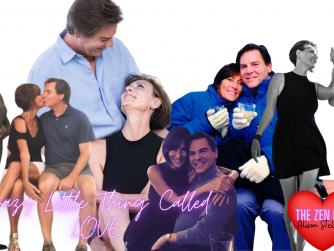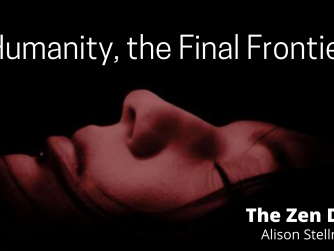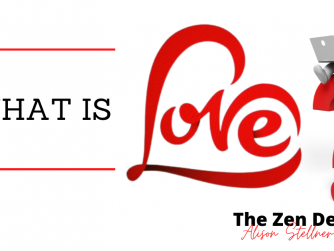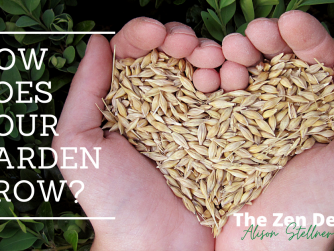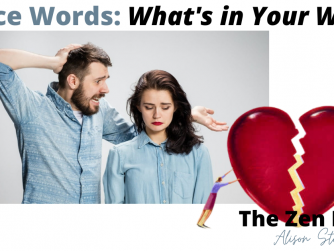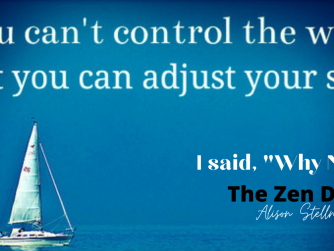It’s interesting when we Americans attempt to define happiness we often equate it to the individual freedoms we possess associated with a democratic society. Our bumper stickers and our favorite Lee Greenwood anthem proudly declare our good fortune of living in a country “where at least I know I’m free.”
But while our founding fathers paved the way with their declarative vision statement “life, liberty and the pursuit of happiness” . . . freedom to do so is no guarantee we find it.
In fact in 2021 the United States didn’t even rank in the top 10 happiest countries in the world. Statistical analysis of six categories which includes the generosity factor, life expectancy, social support structures and America’s favorite mantra “freedom to make our own life choices” put our country in 19th position out of 149 countries monitored.
So why are people in Finland, Norway, Ireland and Costa Rica generally “happier” than we Americans? With all these freedoms we enjoy, why aren’t we winning when it comes to happiness?
I have a theory outside of the statistical analysis which has more to do with how we think about happiness than the actual categories used to measure it. The bottom line is, we don’t know what happiness actually is, which is why Harvard’s most popular course is how to be “happier.”
He reminds his students that happiness is more a “state of mind” than anything else. What good is freedom if we are enslaved by negative emotions and a prisoner of our own self-defeating thoughts?
The professor’s nutshell takeaway is this: “Attaining lasting happiness requires that we enjoy the journey on our way toward a destination we deem valuable. Happiness, therefore, is not about making it to the peak of the mountain, nor is it about climbing aimlessly around the mountain: happiness is the experience of climbing toward the peak” – Tal Ben-Shahar


